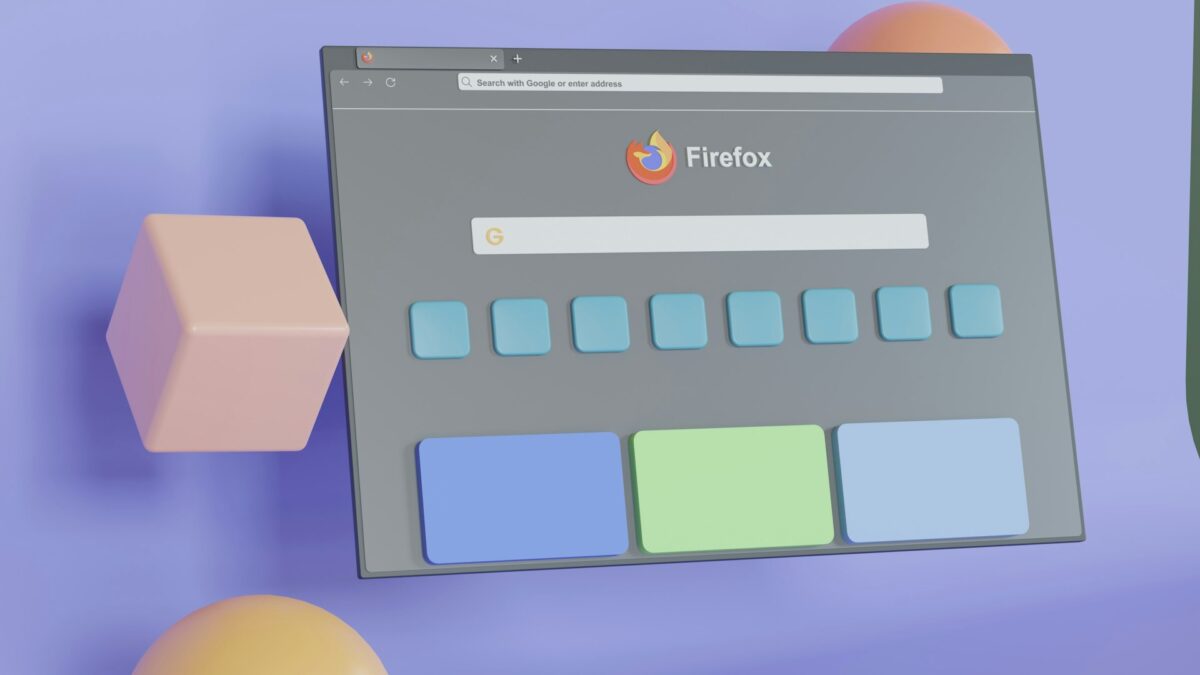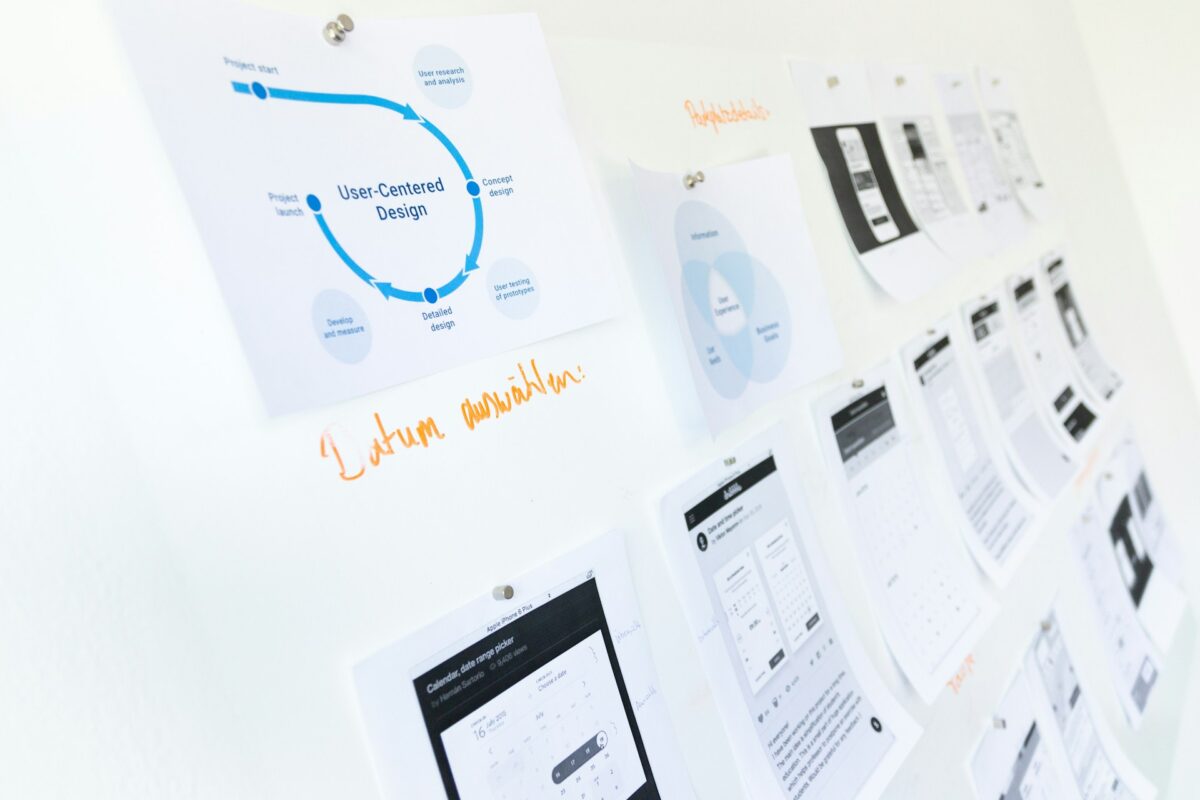Okay, there’s a book with the same title as mine, so you might think this is a review. If you were in my position, you might wonder how this content is related to my blog. Anyway, first of all, it’s not a review, and yes, this article is also not related to my blog. I’m […]
The Art of Not Giving a Fuck









